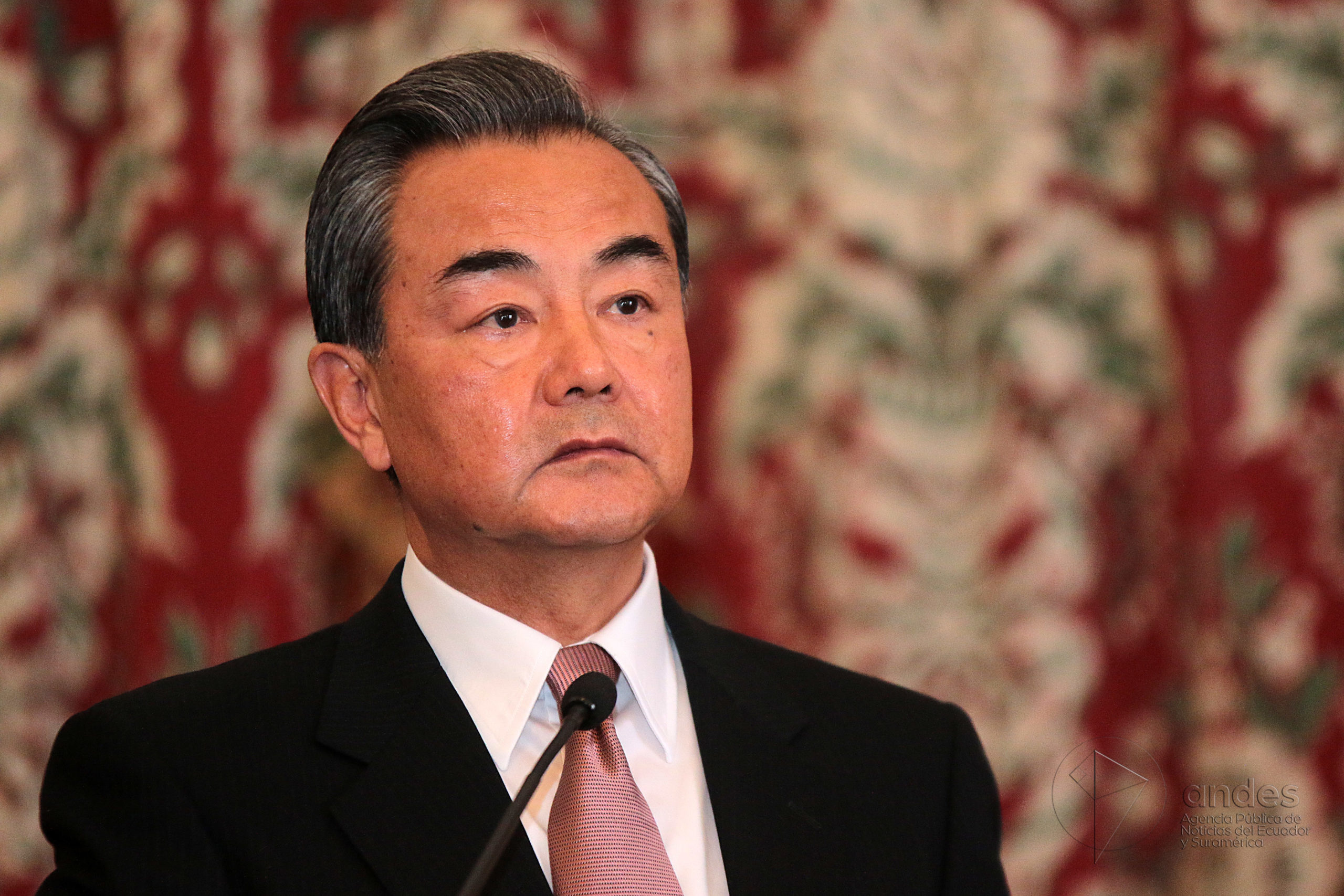The latest clash between the US and China is related to how these two developed countries gave each other unacceptable demands, which neither of them will even dream of doing. This kind of friction between these two is not a new judgment as they are always in competition regarding technology, economy, security, military, scientific research, and nuclear power. What seems to be a major concern is linked to governance issues, human rights violations, undermining each other’s sovereignty, and illegal surveillance. Co-existence is vital, but it will be a rough and bumpy road for the US and China.
After holding two meetings in Tianjin, a Chinese city, aftermath reports depict a gloomy picture where the situation was not resolved but worsened. From an observer’s perspective, it looks like leaders from both nations are too adamant about compromising or sacrificing their integrity to improve their relations. Former Donald Trump explicitly threw jabs at the Chinese government with hiked tariffs and sanctions, but this did not persuade China to change its stances.
He blamed the Chinese government for plotting a conspiracy against their enemies but unleashing the coronavirus pandemic, and he called it the ‘China virus.’ Given the current standoff between the US and China, Joe Biden’s administration seems to be propelling tensions with Xi Jinping as he sanctioned certain Chinese officials for abusing human rights and urged WHO and other organizations to undertake another probe into the origins of covid. Biden also blacklisted Chinese companies operating on his soil which were accused of being involved in illegal surveillance operations and expanded legal restrictions on American investments on companies deemed to be violating protocols.
Reports from China reveal all the demands given to the US by China, and Americans were displeased by them. China’s State Councillor and Foreign Minister Wang Yi gave a run-down of the three “bottom lines” laid out for the American delegation led by US Deputy Secretary of State Sherman. China wants the US to back off from badgering its socialist way of governing and defended it as an ideology chosen by history and the Chinese people. Secondly, China requested the US to desist from obstructing China’s development process. The government agreed that the Chinese people have a “right to modernize.” Still, Americans should not act like they own “modernization,” and all sanctions, high tariffs, and technology blockades must be removed. The last bottom line mandated the US not to “infringe upon China’s sovereignty” [Source].

During the meetings, the Chinese delegation also presented “two checklists,” which the US must correct. The first list included all “error corrections” to be rectified. These touched on visa restrictions on CCP members and Chinese students, sanctions on Chinese leaders, suppression of Chinese companies, among others. Embedded in the list of “key cases of concerns” was the unfair treatment of Chinese citizens in the US and refusal of visas for Chinese students [Source].
Some US political analysts called those demands unreachable. Reports from Beijing related to comments on the meetings aired out by Minister Xie Feng showed how relations are impasse. He said the relationship “is now in a stalemate and faces serious difficulties.” Scott Kennedy of Washington DC-based thinks tank Center for Strategic and International Studies explained how difficult it is to ask the US to fold arms and watch China do whatever it pleases [Source].
The US government officials contend that China must rebuild broken relations and not bring any suggestions for personal gains. The White House revealed how it was disappointed by China’s decision to reject the second investigation into covid’s origin. Other politicians believe that the outcomes from Tianjin meetings depict how these leaders are “far apart” in terms of diplomatic engagement [Source].
Given those demands by China, it is crystal clear that the US might not bend over to meet them. However, one of these countries needs to reach out and broadly compromise so that China-US relations can be mended. The Tianjin meetings were supposed to be fertile negotiating ground which might have led to the sprouting of good relations. Still, now these countries are stuck, and maybe the upcoming Group 20 summit in October will bring hopes for a better future.







































